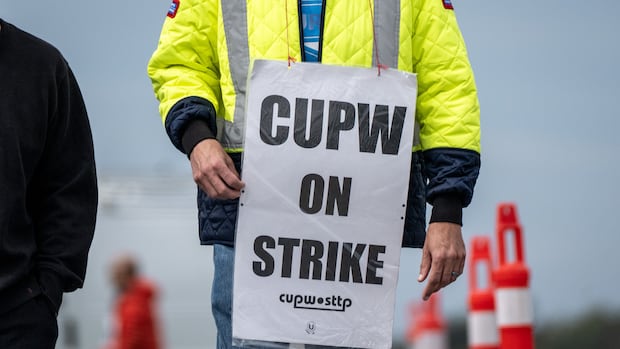
"The Canadian Union of Postal Workers (CUPW) argued that using Section 107 to force an end to the strike was unconstitutional, and questioned whether striking workers' Charter rights had been violated. In a hearing decision, the CIRB found the right to strike is essential but not absolute. The board ultimately concluded that use of Section 107 does not violate the Charter. The board also found it does not have the authority to review the minister's direction to suspend the workers' right to strike."
"Section 107 was used as a tool of political expediency to avoid the parliamentary process and public debate, he wrote. In Moist's view, the board should not have been allowed to issue the labour minister's back-to-work order, as it restricted or suspended the workers' right to strike, thereby violating their Charter right to a meaningful process of free collective bargaining."
On Dec. 13, 2024, federal Labour Minister Steve MacKinnon directed the CIRB under Section 107 of the Canada Labour Code to end the Canada Post strike and arbitrate the dispute. The Canadian Union of Postal Workers argued the use of Section 107 was unconstitutional and questioned whether striking workers' Charter rights were violated. The CIRB found the right to strike essential but not absolute and concluded Section 107 did not violate the Charter. The board found it lacked authority to review the minister's direction. One member, Paul Moist, dissented and said the move avoided parliamentary debate and violated collective bargaining rights. CUPW filed for judicial review and the CIRB notified parties Aug. 13 before releasing the decision publicly after translation.
Read at www.cbc.ca
Unable to calculate read time
Collection
[
|
...
]